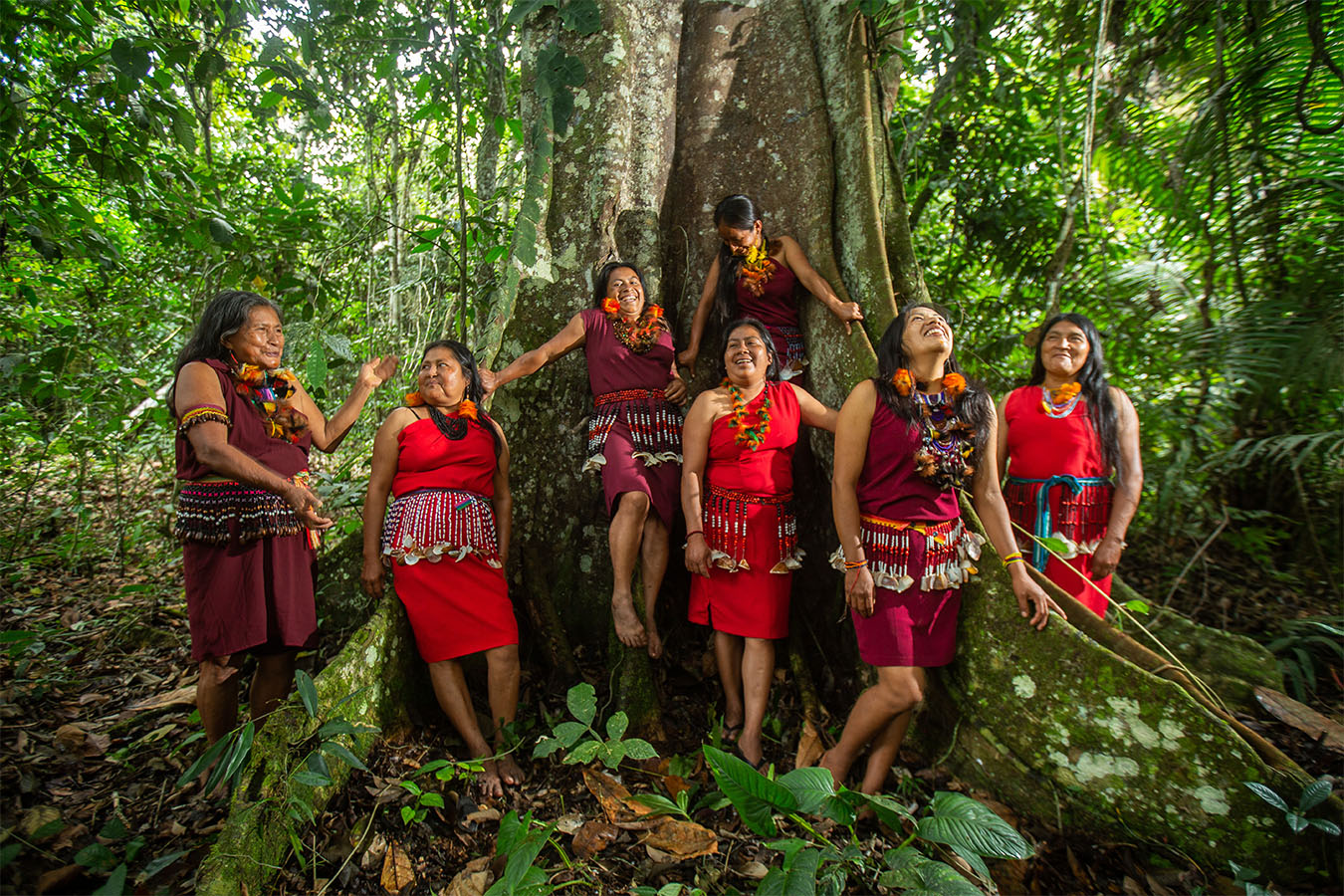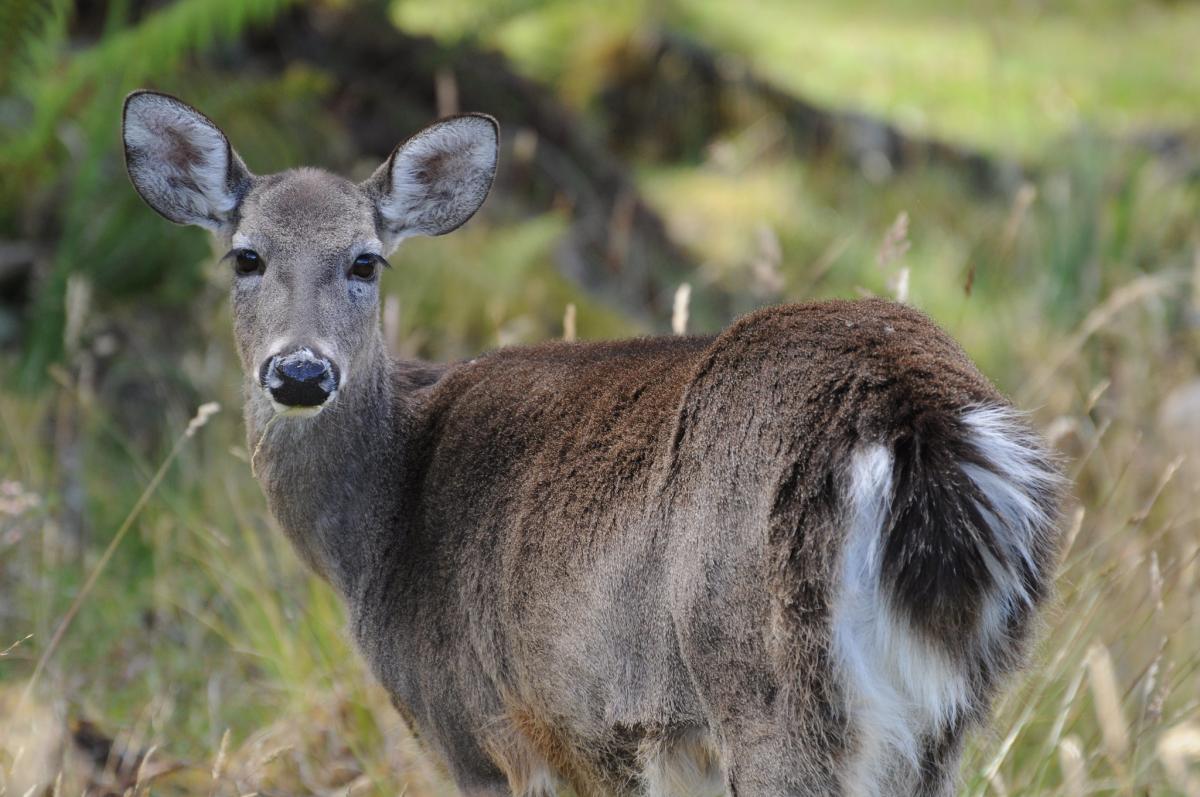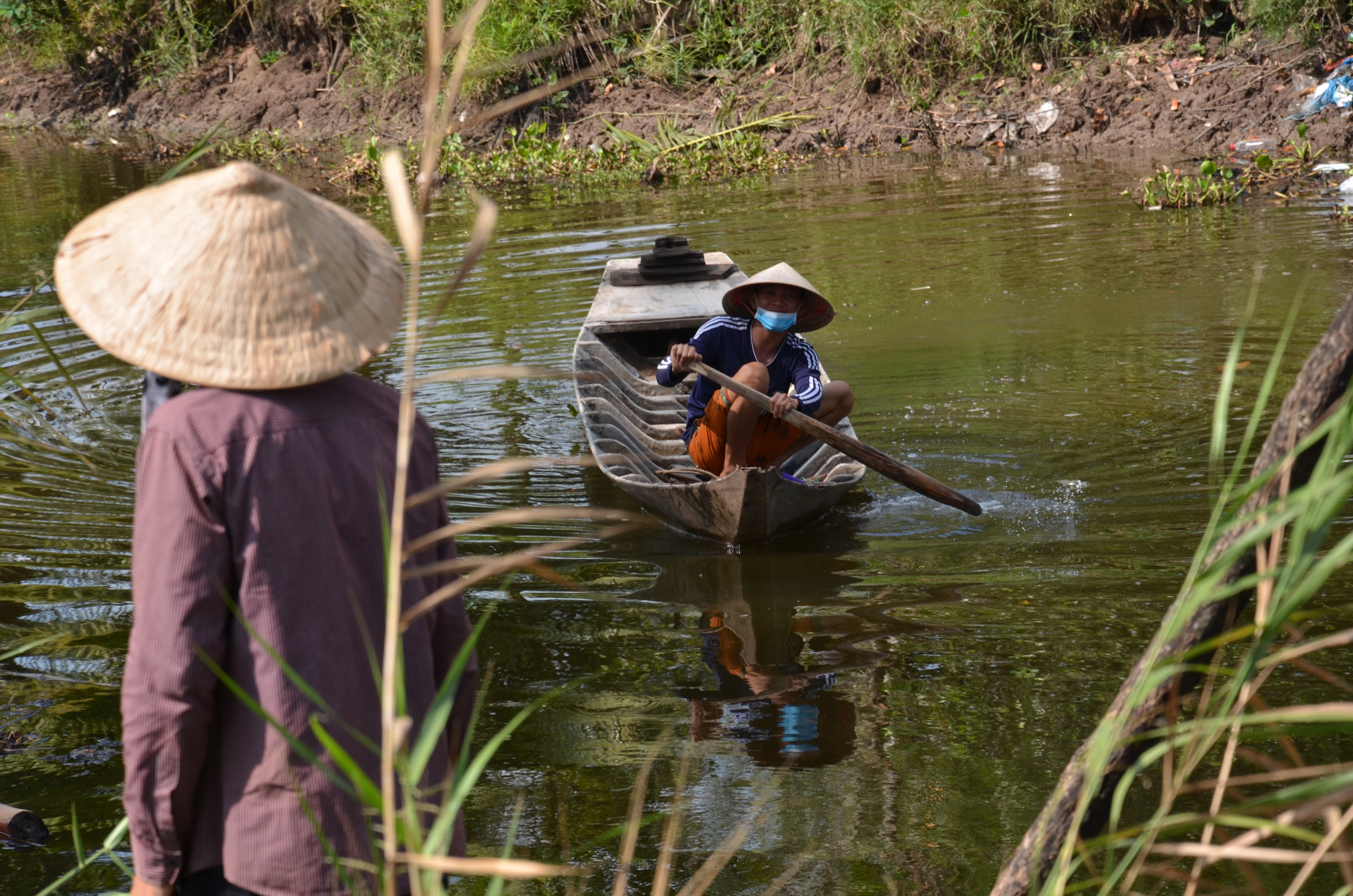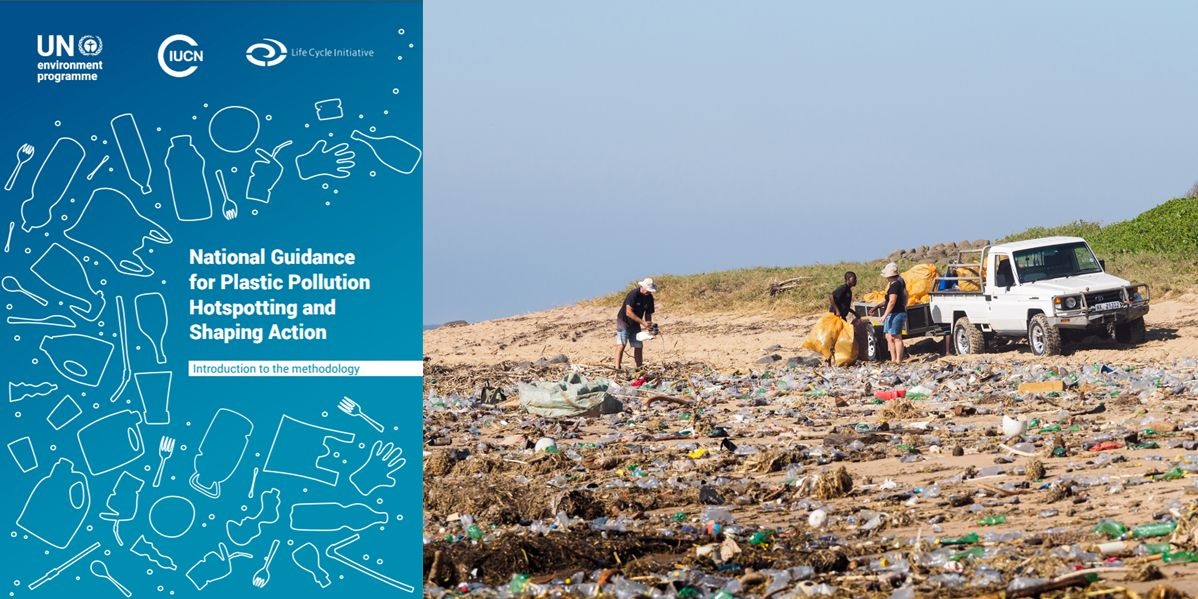Addressing the Violence of Inequality in Conservation
Around the world, gender-based violence affects sustainable and equitable natural resource access and control - and solutions are urgently needed. Four projects will work to address these issues in wildlife and forestry conservation.

Photo: Conservation International
According to Gender-Based Violence and Environment Linkages: The Violence of Inequality, a recently published research paper commissioned by the United States Agency for International Development (USAID) and written by the International Union for Conservation of Nature (IUCN), gender-based violence (GBV) is primarily used as a systemic means to reinforce existing privileges and power imbalances over roles and resources. When environmental threats occur, GBV increases, including sexual violence, domestic violence, and forced prostitution. Environmental degradation and the unsustainable use of natural resources are creating complex crises worldwide.
These challenges threaten not only human rights, but also conservation goals. Violence impacts the resilience and agency of all affected people to engage in sustainable development initiatives.
From Evidence to Action
To respond to these pressing issues, USAID first launched the Resilient, Inclusive, and Sustainable Environments (RISE) Challenge to:
- Spur greater awareness on the intersection between environmental conservation and GBV;
- Test and measure environmental programming approaches that address GBV;
- Share evidence of effective interventions and policies; and
- Amplify commitments from other organisations to address linkages between GBV and the environment.
The RISE Challenge is among the first investment from an international donor to address the overlap between GBV and environmental programming. Coordinated by USAID’s Office of Gender Equality and Women’s Empowerment , the RISE Challenge aims to incentivize partnerships between organizations working on the environment and those working on gender equality and women’s empowerment to leverage innovative solutions to demonstrate that GBV protections can and should be incorporated into environmental programming.
 Photo: WildAct Vietnam
Photo: WildAct Vietnam
This year, during the international 16 Days Campaign to End Violence Against Women, which begins with the International Day for the Elimination of Violence Against Women (25 Nov) and ends on International Human Rights Day (10 Dec), USAID has announced four new grantees from Guatemala, Kenya, Peru and Vietnam. These environmental organisations will address challenges and work on strategies to address GBV-environment links in forestry and wildlife conservation sectors.
USAID will award grants to:
- Asociación de Forestería Comunitaria de Guatemala Utz Che’ and Trees, Water & People (TWP) will prevent and respond to GBV in community forestry in Guatemala;
- Kenya Wildlife Conservancies Association (KWCA), Fauna & Flora International, CARE Kenya, and Centre for Rights Education and Awareness (CREAWKenya) will support more equitable access to and control of natural resources in conservancies in Kenya;
- Conservation International and PROMSEX: Center for the Promotion and Defense of Sexual and Reproductive Rights will address gender norms and GBV in Peru’s Nuwas Forest; and
- WildAct, CARE Vietnam, and the Vietnam Association of National Parks and Protected Areas will address GBV within wildlife conservation organizations in Vietnam.
IUCN congratulates the role that IUCN Members - Conservation International and Fauna & Flora International - will play alongside CARE Kenya and Vietnam, CREAWKenya, KWCA, PROMSEX, TWP, Utz Che’ and WildAct in exploring cross-sector strategies and solutions through these RISE projects.
On 10 December, marking the end of the 16 Days Campaign, IUCN will host a webinar to introduce these grantees, their strategies, and present new GBV-environment tools for practitioners. The webinar is hosted under the Gender-Based Violence and Environment Linkages Center (GBV-ENV Center), a part of the Advancing Gender in the Environment (AGENT) partnership between IUCN and USAID to strengthen gender integration throughout environmental work at all levels of policy and action. You can view the invitation and register for the webinar here.
To learn more:
- Advancing Gender in the Environment (AGENT): https://genderandenvironment.org/agent/
- Gender-Based Violence and Environment Linkages Center (GBV-ENV Center): https://genderandenvironment.org/agent-gbv-env/
- Resilient, Inclusive, and Sustainable Environments (RISE Challenge): https://competitions4dev.org/risechallenge
- USAID Office of Gender Equality and Women’s Empowerment: https://www.usaid.gov/who-we-are/organization/bureaus/bureau-economic-growth-education-and-environment/office-gender



